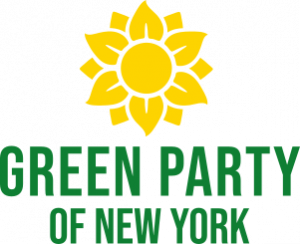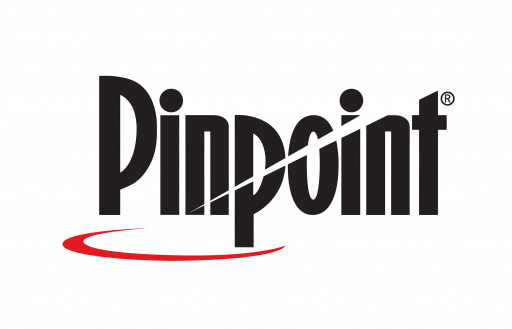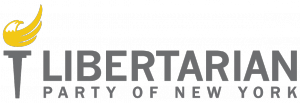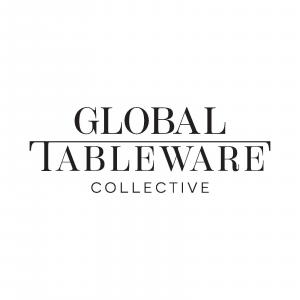Libertarian Party of New York Logo

Green Party of New York Logo
Libertarian and Green Parties contend that a two-thirds supermajority in New York legislature and no ballot access for third parties makes it a one-party state.
— Andrew Kolstee, Chair of the Libertarian Party of New York
ALBANY, NEW YORK, USA, October 20, 2023 /EINPresswire.com/ — The U.S. Supreme Court has issued a decision to deny the writ of certiorari petition for an appeal(22-893) brought forth by the Libertarian Party of New York and the Green Party of New York , concluding their legal battle over New York State’s ballot access thresholds. The petition, which was filed on March 13, 2023, sought to challenge the increase in ballot access requirements implemented in 2020.
In 2020, then-Governor Andrew Cuomo introduced significant changes to the state’s election laws as part of the emergency COVID-19 budget. These changes included a substantial increase in the threshold for political parties to maintain recognized party status and ballot access. The previous requirement of 50,000 votes or 2% of the vote in the previous gubernatorial or presidential election was raised to 130,000 votes or 2%, whichever is higher. Additionally, the signature threshold for independent candidates to appear on the ballot and qualify their party for ballot access was increased from 15,000 to 45,000 signatures, while maintaining the same narrow, 42-day window for collection.
As a consequence of these new requirements, four parties, including the Libertarian Party and the Green Party, lost their ballot access status despite their candidates receiving substantial support in the 2020 election. The increased thresholds effectively limited recognized parties to the Democrat and Republican Parties, along with their respective fusion parties (Working Families and Conservative), resulting in New York State becoming a de facto two-party system.
The difficulties faced by third-party candidates attempting to secure ballot access became apparent in the 2022 election, where there were only two candidates on the ballot for the office of Governor, a situation not seen since 1946. This will affect other candidates including Robert F. Kennedy, Jr. and Cornel West too, who have independent bids for President without currently seeking party lines. Despite the efforts of various independent candidates, the elevated signature requirements hindered their ability to appear on the ballot, undermining the competitiveness and diversity of the electoral process.
The Supreme Court has declined all cert petitions concerning minor-party ballot access for the past 32 years, abandoning its protective stance from 1968 to 1992. This trend suggests New York might be the only state with a Democratic-Republican monopoly on the 2024 presidential ballot, while the Libertarian Party is likely to appear on ballots in all other states.
“We are frustrated and disappointed by the Supreme Court’s decision to not hear our case,” said Andrew Kolstee, Chair of the Libertarian Party of New York. “It’s a harsh blow to the future of third parties in New York State, despite a growing number of people identifying as independent and yearning for alternatives; the duopoly’s stranglehold continues to stifle the voices of diverse political movements. The Supreme Court missed an opportunity to address items such as the lower courts’ disregard for New York’s nation-leading signature-per-day requirement as well as their contention that third parties must endorse Republican or Democratic candidates to attain ballot access.”
“Furthermore,” said Kolstee, “the Supreme Court is not only risking the rigid establishment in New York State of a two-party system, but even a one-party system–due to the two-thirds supermajorities in both legislative houses, plus the Governor’s office. Despite these setbacks, we’ll persist through legislative channels, and we thank our devoted legal team and supporters over the past three years. The fight for political inclusivity and genuine representation will continue.”
“It is a disappointing, though unsurprising, decision by the Supreme Court to not hear our case. The entire institutional structure of government at the federal and state level has limited third party access to the ballot for decades, and now has almost eliminated it in New York State. We will continue to work to build a genuine multiparty democracy here in New York State for as long as it takes, no matter how difficult the path. This is about providing voters with real choices, and confronting a corrupt duopoly, and we won’t back down in that fight,” said Peter LaVenia, co-chair of the Green Party of New York.
Despite the Supreme Court’s denial of the case, ongoing efforts are underway to pursue a legislative solution aimed at reversing the 2020 actions. In 2022, Assemblyman John Salka introduced Bill A8683, which seeks to restore the thresholds to their 2020 levels. In parallel, Senator Phil Boyle introduced the companion bill, S8730A, in the Senate. In 2023, Assemblyman Ken Blankenship reintroduced Salka’s same bill as A3312. Legislators have the opportunity to take a stand for democracy simply by undoing Governor Cuomo’s petty politics.
To learn more:
Libertarian Party of New York: https://lpny.org/
Green Party of New York: https://www.gpny.org/
Contact:
Andrew M. Kolstee
Chair, Libertarian Party of New York
(716) 640-2089
Gloria Mattera
Co-Chair, Green Party of New York
(917) 886-4538
Andrew M. Kolstee, Chair
Libertarian Party of New York
+1 716-640-2089
email us here
Visit us on social media:
Facebook
Twitter
Instagram
![]()
Article originally published on www.einpresswire.com as SCOTUS Declines to Hear Libertarian and Green Parties’ Case, May Threaten Third Party Ballot Access in New York State














